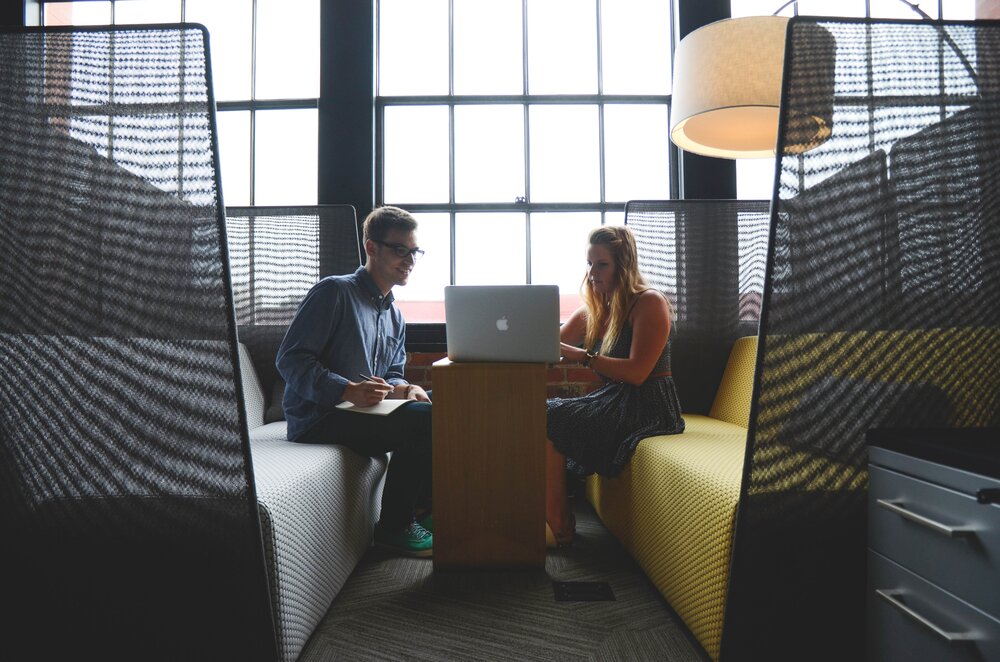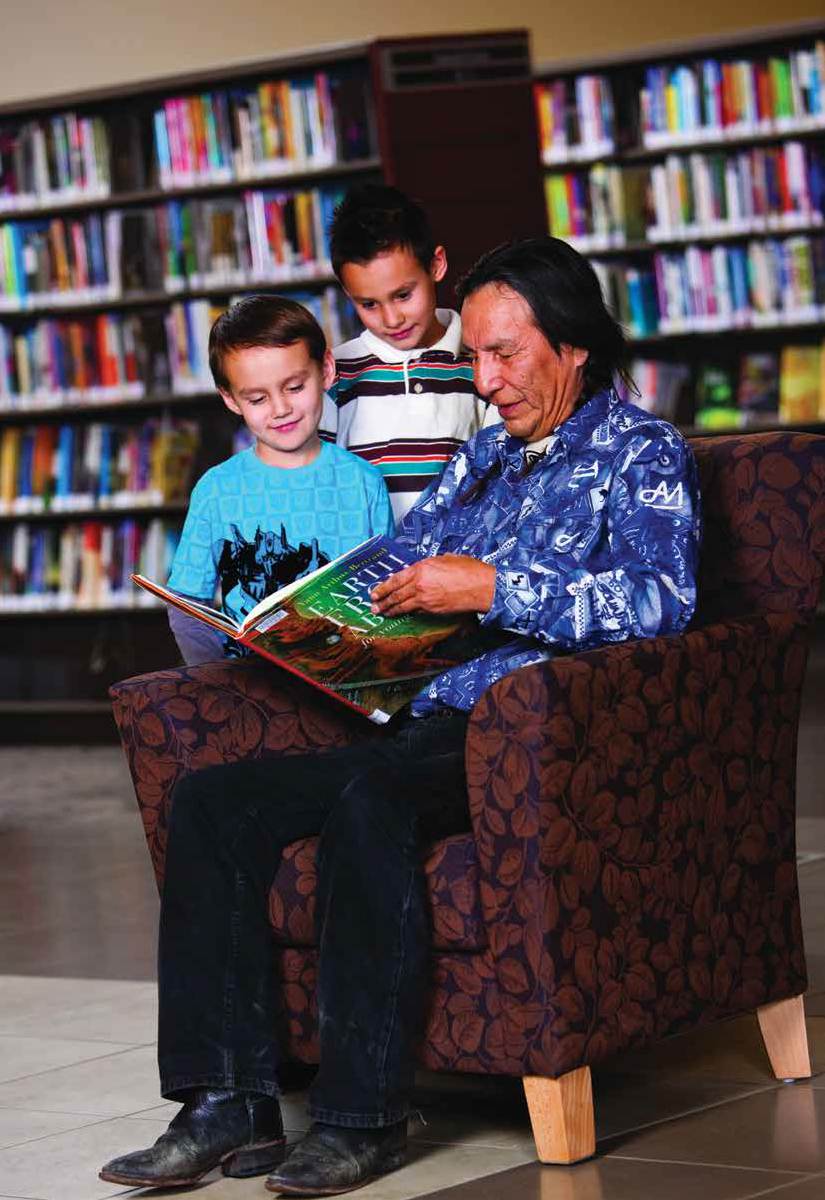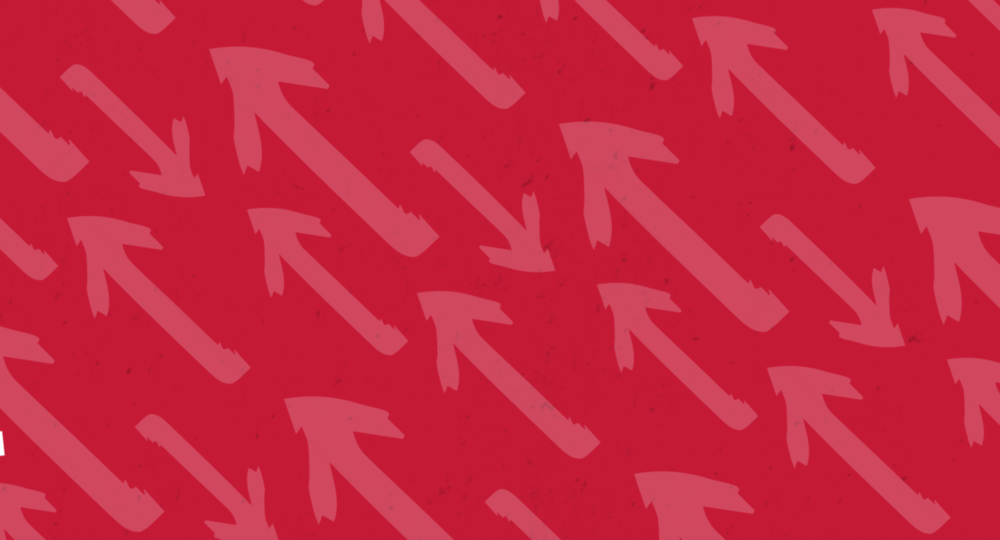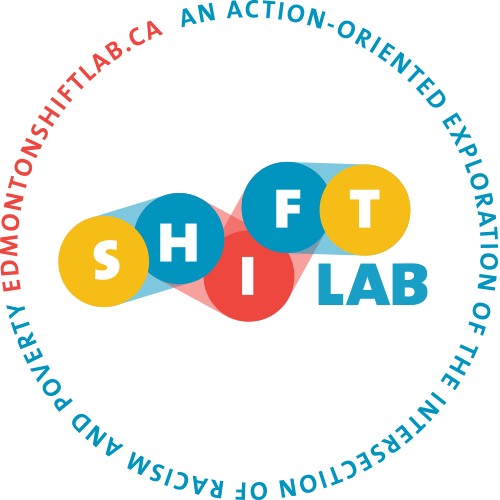Design by Doing 2.0 ran from the spring of 2018 through to the spring of 2019. The process was co-created by leaders within the Edmonton Bhutanese community, Multicultural Health Brokers Cooperative, Action Lab, EndPovertyEdmonton, and City of Edmonton.
This iteration of Design by Doing focused on culturally adapting the social innovation lab processes and design with the Bhutanese community, to allow people from different cultural backgrounds and with varying levels of English language fluency to fully participate.
Two workshop days were developed and designed with the Bhutanese community to address the barriers and needs Bhutanese community members face in seeking and securing gainful employment.
Why Focus on the Bhutanese Community?
The newcomer population in Edmonton is diverse. While there are settlement and employment supports available for newcomers, they may not be responsive for smaller immigrant and refugee communities who face multiple barriers such as limited English Language skills, limited education, and complex socio-economic challenges. The Bhutanese community is one such community. Despite demonstrating tremendous resilience, cultural wealth, and hopeful optimism that their lives will be better in their new homeland, the 350 members living in Edmonton, find current systems and supports often do not adequately support them in overcoming the multi-faceted barriers to employment they face.
Overview of activities
Pre-Lab (6 months): Scoping the Challenge & Culturally Adapting the Lab Process
Pre-lab workshops took place over the course of 6 months. During these workshops the stewardship group researched, explored, and worked alongside Bhutanese community leaders to scope the challenge area. After a great deal of discussion and learning, employment was selected as the core challenge area.
Three pathways to employment emerged as key areas to explore further:
A traditional pathway (i.e., job searching, resume, interview, on the job training);
Self-employment or micro-enterprise pathway (i.e. starting a small business or micro enterprise based on personal skills such as gardening or crafting); and
English language learning pathway (i.e. gaining increased English language fluency as a stepping stone to employment).
With the challenge area scoped, it was time to explore how to culturally adapt the lab process. A period of learning took place, during which the stewardship team learned from the Bhutanese community leaders how their community generally approaches problem solving in their cultural context. Allowing this information to guide us, and drawing on human centred design principles, we worked alongside the Bhutanese community leaders to co-create culturally sensitive lab tools and processes. This process, incorporating translation and creative input from the community, allowed us to utilize design methods while making sure they worked, were appropriate, and relatable within the Bhutanese cultural context. Some key adaptations we made to the process included: teaching/processing through storytelling, translating the empathy map and other lab tools, and drawing brainstormed ideas (rather than speaking or writing them).
Lab workshops: Generating, Refining, and Testing Prototypes
Generating Prototypes (2 Day Workshop)
This 2 day workshop, A variety of stakeholders including members of the Bhutanese community, leaders of nonprofits, and service providers came together to explore the scoped challenge of employment, following the 5 stages of the human-centered design process.
Refining & Upgrading Prototypes (Evening Workshop)
After the 2 day workshop, those who confirmed they wanted to keep refining and working on prototypes to transform them into potential pilots, came together for a prototype refining and upgrading workshop.
Next Steps
Post-Lab (6 months): Prototype Working Groups
Implementing some or all of the proposed pathways is the point at which a lab transitions from being more exploratory focused to project management focused. Here, working groups are forming to help develop pilots. Stewards at this point are looking for partners and collaborators to help make ideas tangible for the community.
A short documentary about the design by doing process is also being developed to help communicate what happens in social innovation labs.
This progress relates to …
Read more about this progress’ initiative, Road Map Action, goal and/or game changer.


Invest in our poverty-free future
Other initiatives’ progress this year

Road Map Action Progress

